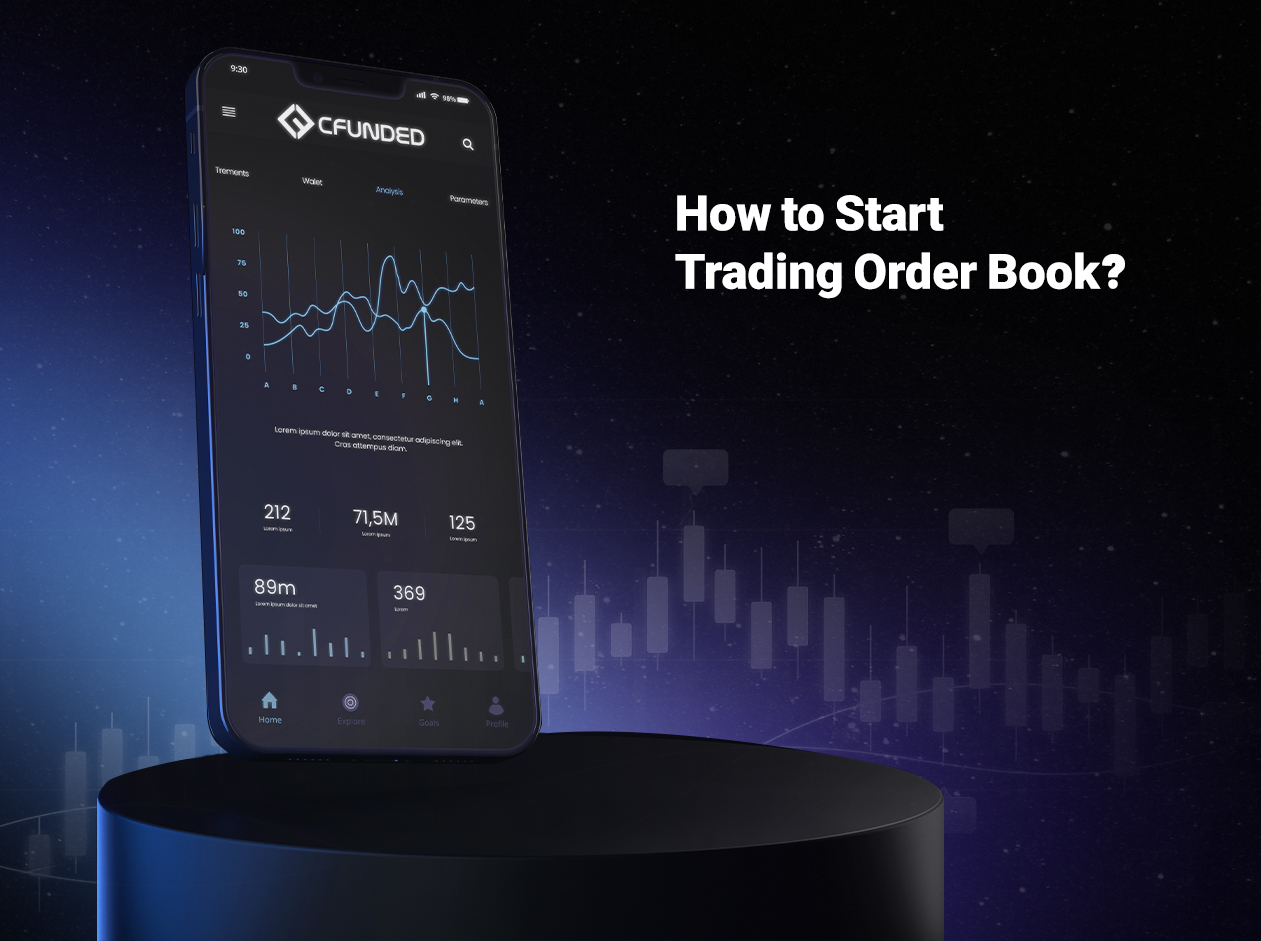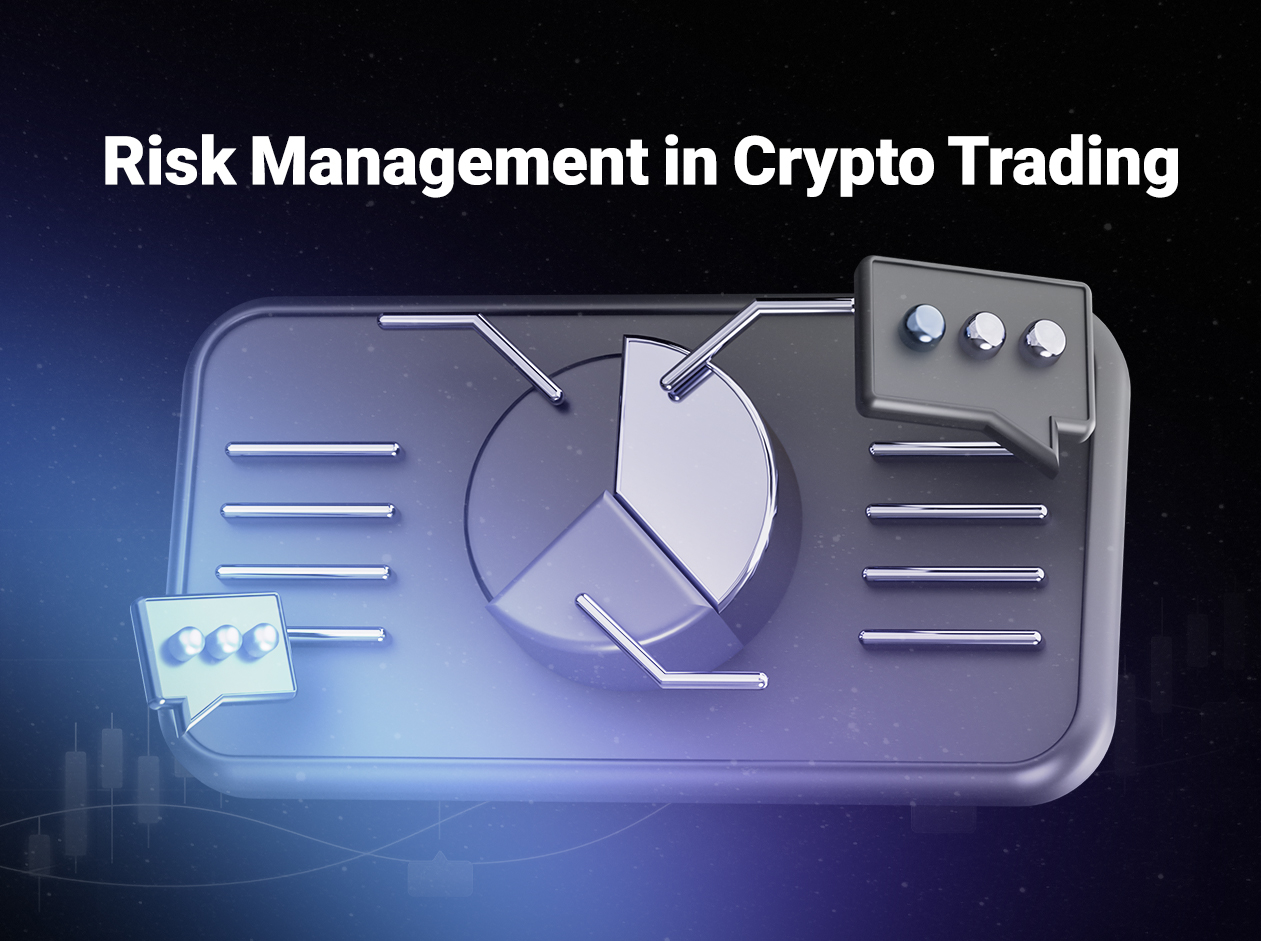 Cfunded Blog
Cfunded Blog
CFUNDED is a crypto proprietary trading firm(crypto prop) that offers trading challenges...
Posted inInvestment and Trading Strategies
Swing trading has become one of the most attractive strategies in the crypto market, especially for traders who want to capitalize on medium-term moves without the stress of constant screen…
The crypto market never sleeps, and traders are constantly looking for the best strategies to maximize profits while controlling risks. One of the most common debates is Day Trading vs…
The global cryptocurrency market has evolved from a niche experiment into a multi-trillion-dollar financial ecosystem. For traders, this evolution has unlocked extraordinary opportunities—but also unprecedented challenges. The days when buying…
Posted inInvestment and Trading Strategies
In today’s fast-moving and unpredictable financial markets, having a Trading Plan is not just an option—it’s an absolute necessity. Whether you are trading forex, cryptocurrencies, stocks, or commodities, a well-structured…
The cryptocurrency market never sleeps — and neither do the opportunities it offers. Prices can surge or crash in a matter of hours, making the question “When is the best…
Posted inInvestment and Trading Strategies
Think you need thousands of dollars to get started with cryptocurrency? Think again. In 2025, investing in crypto has never been more accessible and yes, even $100 is enough to…
Posted inInvestment and Trading Strategies
Imagine being able to see the intentions of every buyer and seller in the market—before a single trade is executed. What if you could watch supply and demand unfold in…
Posted inInvestment and Trading Strategies
Imagine this: your crypto portfolio is soaring, trades are hitting targets, and profits are flowing—until one sharp move in the market wipes out half your gains overnight. Sound familiar? Welcome…
Posted inInvestment and Trading Strategies
Cryptocurrency trading can be exhilarating, often tempting traders to jump in quickly with the hope of making fast profits. Unfortunately, this eagerness can lead to poor financial decisions if proper…
Cryptocurrency trading can be highly rewarding but equally challenging. Studies indicate that over 70%, 80%, or even 90% of cryptocurrency traders lose money and eventually quit. While experienced traders manage…
Posted inInvestment and Trading Strategies
Trading psychology is one of the most crucial aspects often overlooked by both novice and professional traders. It examines how emotions, behaviors, and mental states influence trading decisions. In the…











